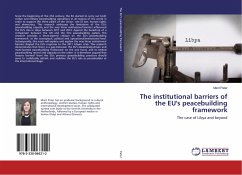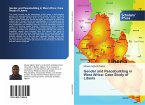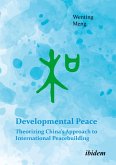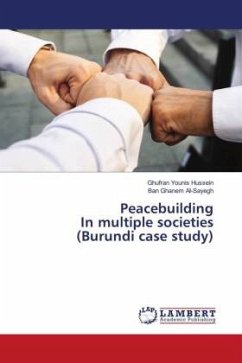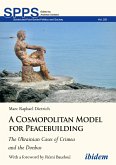The Peacebuilding process since its conception has been both supported and criticised by different scholars, journalists or international organizations. I will not enter into the debates as I will take for granted that peacebuilding in war-torn societies is necessary, but I will argue that the conventional theory of peacebuilding used until now needs to be modified in order to take into account the specific situation of the target country. This study will advance the idea of an integrative model in health care as functional in building sustainable peace in divided societies: first by proving the close relationship with human security, and second by proving that health care initiatives like other public services can help governments to establish the legitimacy in the eyes of citizens. I will analyse a concrete case of peacebuilding, that of Kosovo, in order to support my main argument of this research.
Bitte wählen Sie Ihr Anliegen aus.
Rechnungen
Retourenschein anfordern
Bestellstatus
Storno


